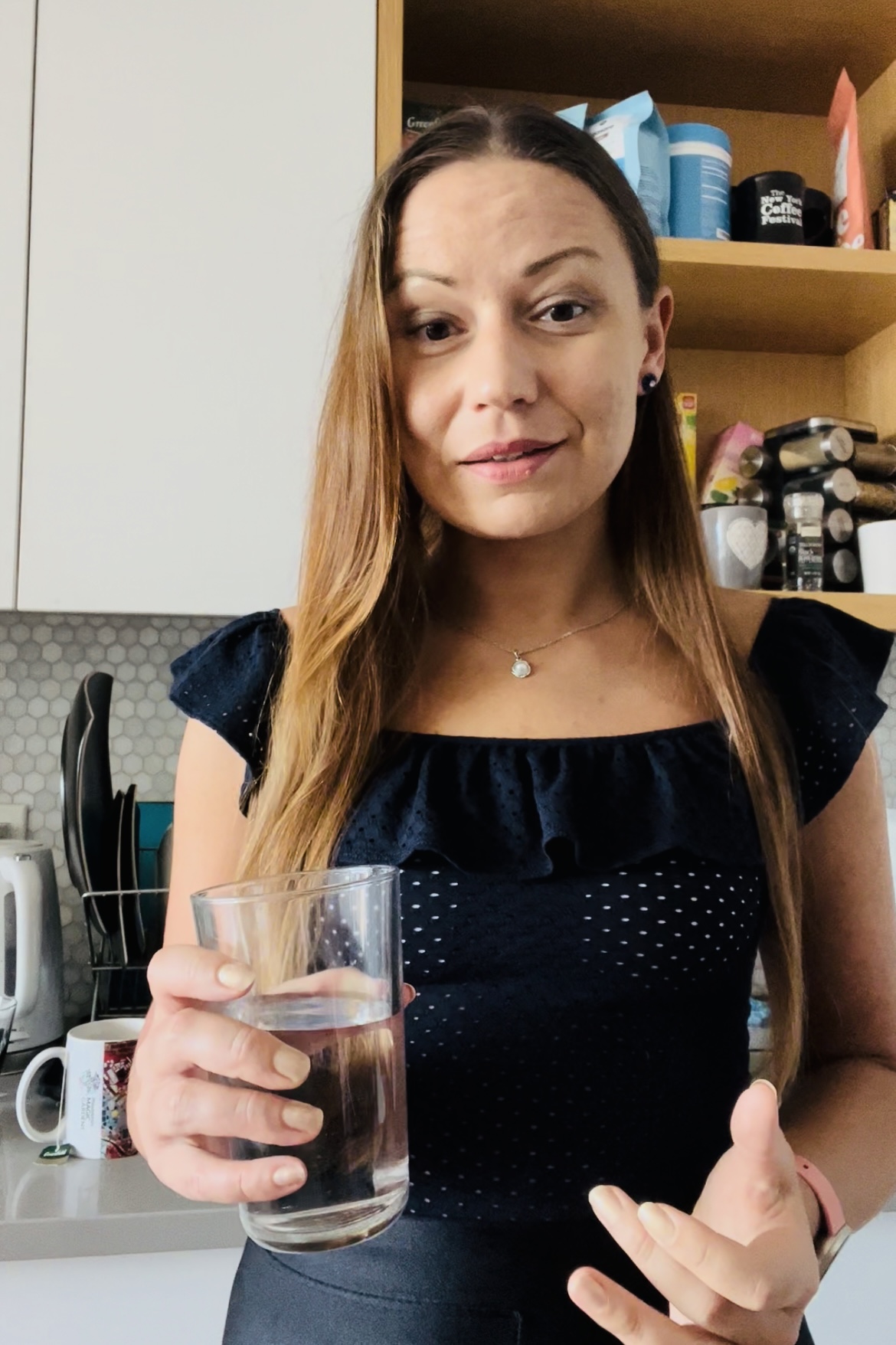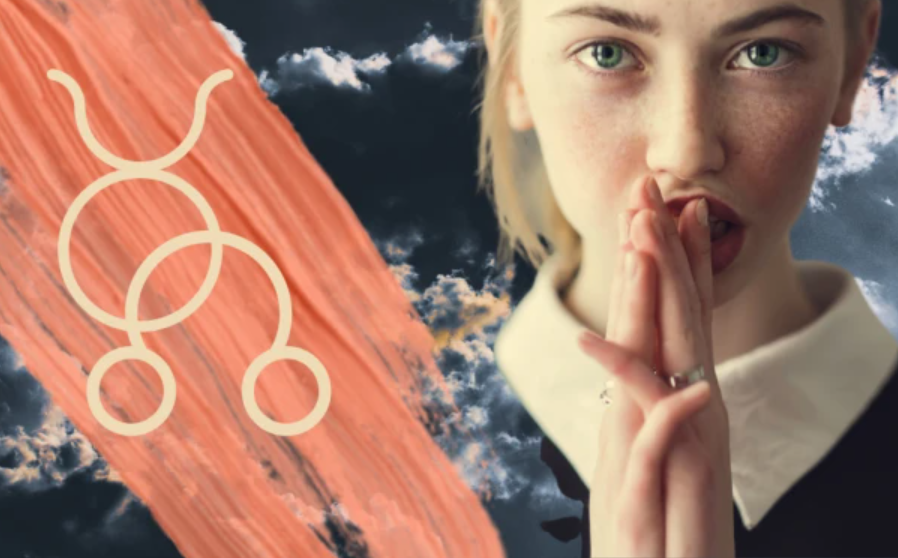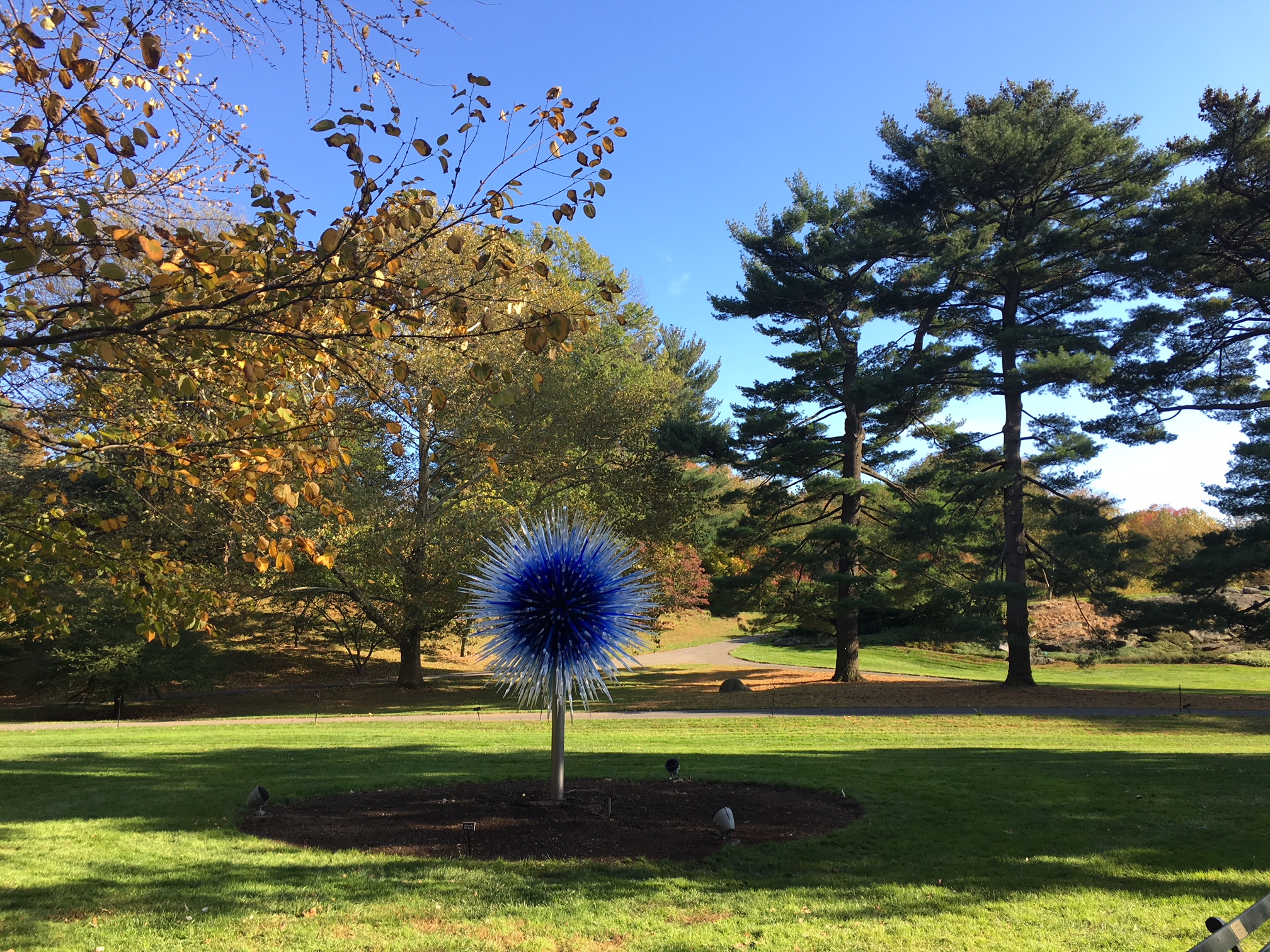Many therapists, lightworkers and public authors use the concept of inner child work/healing on a daily basis. This often poses more questions for the public than it answers or prompts. Having been conciously doing inner child work for a few years now I decided to step in and add some clarity into this topic.
What does it mean
First of all, the common definition of inner child among all psychologists and adjacent domains comes down to a simple principle: our identity was formed in our early childhood. No matter whether our childhood was seemingly happy or painful, our life on Earth implies that our experience is full of negativity and pain, caused conciously or inadvertently by other people. This changes the way we perceive ourselves and reality overall. Our psyche creates coping mechanisms to protect our “inner child” from getting hurt in a similar situation again.
Often the “protection” procedure supresses our most painful and fearful experiences. And though the outward symptoms may cease deep down the trauma persists until we bring it to the conciuosness and heal it through healthy processing and release. In other words, our inner child’s (aka our childhood self) need for attention, care and love were not satisfied to put it mildly. As adults we have many techniques at our disposal to go back to those traumatic events and help our inner child fill in the gaps and get the parenting and support they needed back then (you may have heard about “reparenting” yourself).
Why is it important in adult life?
As I mentioned inner child trauma lingers in our subconcious. Even if we don’t register such pain/fear from childhood it still creates unhealthy coping mechanisms to prevent us from experiencing smth like that ever again. This includes toxic behavior, unhealthy attachments to other people, addictions, mental disorders, physical health issues and lack of belonging.

What can we do?
The only way to break out from such programming is to recognize the painful event and process it. Such processing often includes psychoanalisis, forgiveness (to self and others), and replacing unhealthy mindset/behavior with a healthy one.
Esoteric world also mentions practices to unblock/cleanse chakras, involve crystal healing, meditation/prayer, early life and past life regression, tarot readings, seanses with energy healers and psychosomatic healing. I must admit from my own experience these can all be pretty powerful tools.
Will I remember the painful childhood moments?
One more important thing to remember. Even if you were too young to realize what kind of traumatic event you experienced (i.e. physical abuse as a baby), or if your trauma comes from a former lifetime (topic for another day, but possible as we help our lineage work through generational karma) you will only heal it (and its consequences in your life) as you conciously work with it.
Any simple first steps?
You have probably realized that inner child work is no joking matter and needs some knowledge/experience. But there are always baby steps you can try to dip your feet into this. You can notice when certain life situations (or people or certain kind of events) make you anxious, stressed or avoidant. Journal your feelings and chain of events that led to this moment. You may already know some of your patterns, where you understand your reaction is disproportional to the trigger or is not very logical.
At that point imagine you’re experiencing this event as a child. Usually it’s good to imagine yourself as a 5-7 year old. What are your emotions? What does this child need right now for comfort, soothing and support? Give it to them, say what you feel is the right thing to say (from a perspective of your adult self, as if your adult self is a parent to your child self). Notice the results 🙂 With time your patterns/reactions/addictions will ease. For most painful experinces a guided support is highly recommended. You may contact me for coaching services if you’re interested to take your inner child healing to the next level.
Tip: look at your health history
Health issues are direct prompts of the trauma we experience in life (any point in our life). So if you don’t know where to start – start with exploring any known illnesses or body weaknesses. There’s a lot of info online these days on psychosomatic therapy. Luise Hay is one of my go-to authors on the subject.
Don’t get discouraged
Remember that this is quite a complex psychological work we’re talking about. And as it touches upon the core of your character and identity it will take resilience, patience and effort. So don’t get discouraged if you don’t get quick results or you are not successful at first. Make this your habit, mostly from inquisitiveness perspective. Observe, ask, experiment. Become the scientist of your own storyline. And most importantly, know that any progress in this area is highly rewarding. Your energy and ability to be joyful and happy will grow exponentially, you will create stronger and healthier bonds with others, and ultimately spread the joy and kindness around you.




